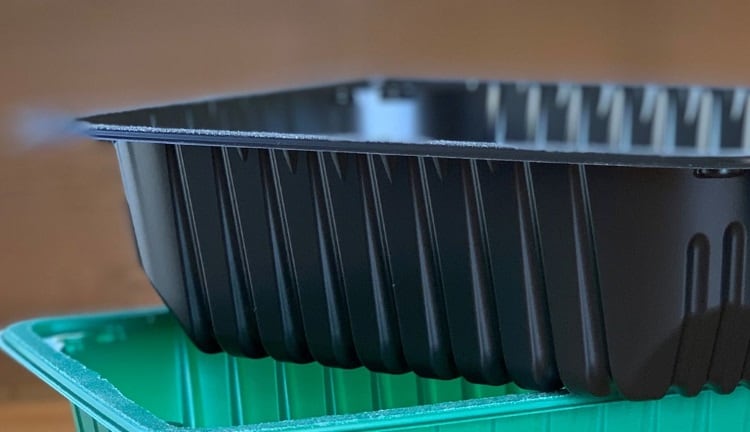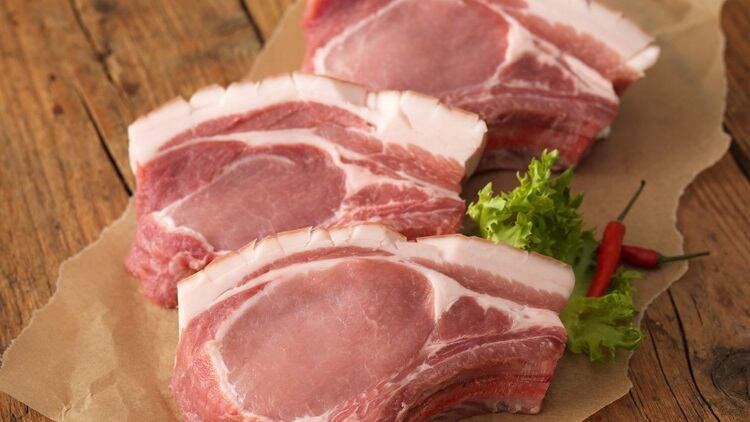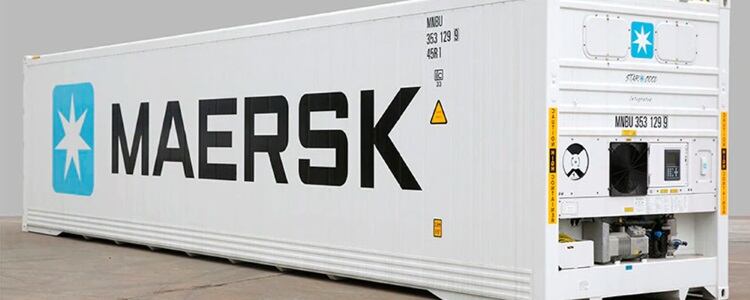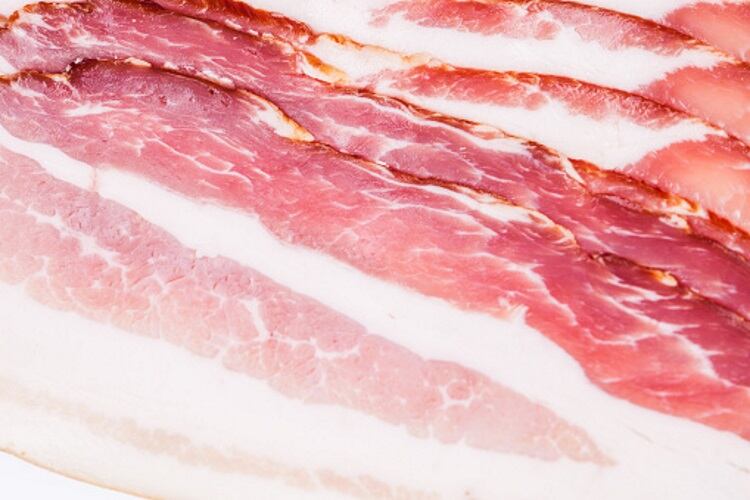In Denmark alone, 55 million packages from Danish Crown are sold, and the business hopes to have 100% of these made from recyclable materials. The switch to more environmentally-friendly packaging will apply to both Danish Crown's black plastic trays and the subsidiary Friland's green trays.
Preben Sunke, Group COO at Danish Crown and head of its sustainability strategy said: “Our preliminary calculations show that the change to PET plastic will reduce CO2 emissions per plastic tray by 54% if the tray is recycled. That figure will be even greater if, over time, it becomes possible to produce the meat trays of pure recycled plastic. On the other hand, if the PET tray is burned off, the reduction is only six percent, so it is crucial to raise the recycling rate.”
Danish Crown has invested in communication to consumers on the packaging to ensure that they spend the necessary time making the tray ready for recycling.
“Together with the grocery chains, we are now taking a big step in the right direction, and we hope that the municipalities will make even greater efforts to get both consumers, companies and institutions to sort waste, so that among other things the meat trays can be recycled instead of ending up as district heating,” said Sunke.
The Danish Waste Society, Dansk Affaldsforening, said that 71 out of the country's 98 municipalities collected plastic at the end of 2018. However, the Government's plastic plan suggests that only about 15% of the plastic waste from the Danish households is recycled with the rest ending up in the bin and burned.
“The choice we make now means that our consumption of plastic increases about five percent, because PET plastic weighs a little more than the plastic types we have used so far. It emphasizes in our view how important it is for consumers to contribute by sorting their waste, while the municipalities must ensure that much more plastic is collected for recycling,” added Sunke.




